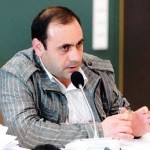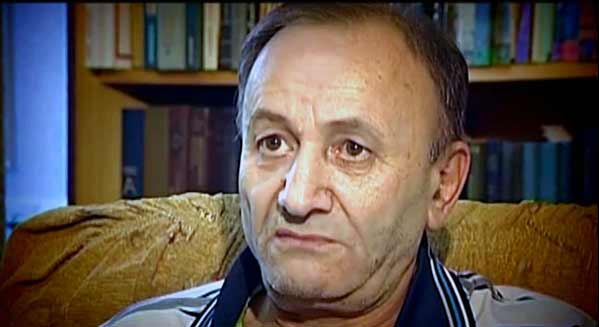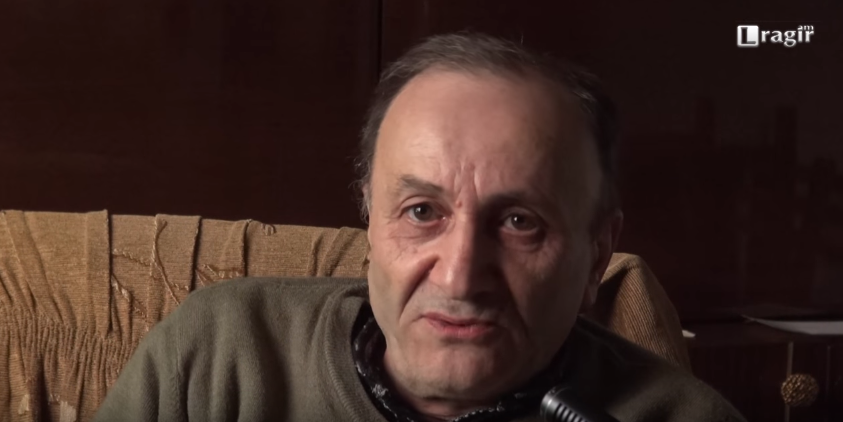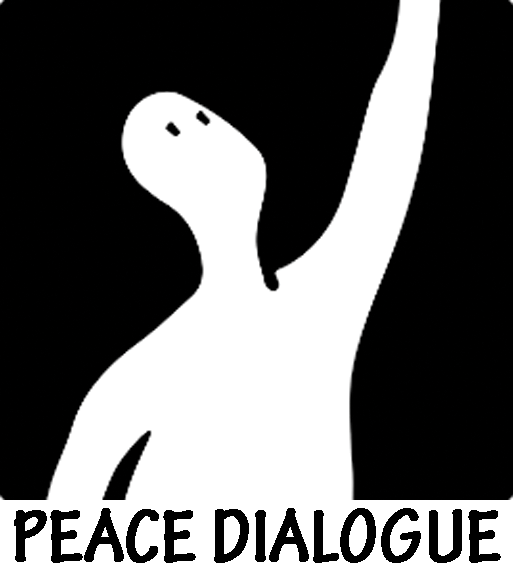The Initiative aims at bringing up future soldiers, not future citizens.

The Ministry of Defense, the ministry of Education and Science, and the “Yerkrapah” Volunteer Union signed a trilateral memorandum. Based on this memorandum, patriotic clubs will be formed in secondary educational institutions in Armenia.
We discussed this topic with Edgar Khachatryan, the director of Peace Dialogue NGO in Vanadzor.
According to the information that Edgar Khachatryan posses, similar clubs already exist in Russian Federation, several Middle Eastern countries, North Korea, as well as at several schools in a number of states in the U.S.A.
“Recently in Russia similar clubs are created attached to the churches. Sadly, many young people visiting these institutions later join the nationalist groups. The later have become a real scourge for Russia. Unfortunately, neither in the MoD press release nor in the media articles it is mentioned whether the membership of schoolchildren in these clubs will be on a volunteer basis or mandatory. However, as far as I know, in other countries the membership in these clubs is exclusively on a volunteer basis.” – mentioned Mr. Khachatryan.He also added that in the modern world such integration of army with civil structures is called “Militarization”. The term militarization illustrates the ideology that supports militarism in the country and creates public demand towards it.
“In fact, this is an ideology that mobilizes and prepares society to organize itself to withstand war situations- real or fake- or possible cases of violence. In a larger sense, within it lies the desire of the authorities or society to have a country with strong military abilities, ready to use them aggressively for the sake of national interest.
In many cases, this ideology contains the heroization and idealization of the military class and the dominance and decisive role of armed forces in public administration and policy-making processes.” – added E. Khachatryan.
According to him, if we carefully study the cases of Russia and North Korea, it is hard not to notice that in these societies the rulers and their supporters are put above the law. E. Khachatryan thinks that in such societies, the absence of democratic counterbalance that must restrain the militaristic processes brings up a special caste of people that stand above the law. As a result, the law loses its authority and power, and consequently, in these societies it stops being a tool for protecting the rights of an individual.
The director of Peace Dialogue NGO thinks that the most troubling problem about militarization is that in such societies people are seen as soldiers not citizens: soldiers, who are obliged to execute the instructions of the commanders without doubting their veracity and appropriateness.
“Especially at a school the functioning of such clubs seems contradictory to say the least, because the school is an institution that according to me is first of all meant to develop critical thinking, strive for freedom, creative and analytical skills. Have you have heard that a militarized institution would promote initiative taking or dissidence, creative self-expression or a wish to be different from the others. In fact, the militaristic system does not intend to receive criticism or intolerance from the subordinates towards the actions of the superior. Otherwise, the subordinate who does not follow the order, is punished by a relevant regulation. In my opinion, the initiative is aimed at bringing up future soldiers, not future citizens.”
Edgar Khachatryan also expressed an opinion, that if these clubs open, perhaps young people will receive certain training and later on when they join the army they will be more conscious about their responsibilities, which consequently may reduce the number of discipline-related issues in the armed forces. However, first of all it is necessary to understand what kind of value system this initiative aims to develop among young people.
“Is the army really an environment where human rights and fundamental freedoms are fully protected and in case they are violated, is there any mechanism that will help the citizens to restore their rights? Therefore, what is the reason that this environment is chosen for bringing up children?” – mentioned the director of Peace Dialogue NGO.
“Certainly, I appreciate very much patriotism and respect for our Motherland, however, I believe this feeling is natural. You do not teach a child how to love his parents; he does that based on his own feelings. All people, regardless of their sexual, religious, racial identity, or participation in any special training, have this feeling towards their parents. In this case, why should someone teach the children how to love their land? Was it due to some military-patriotic clubs that Hovhannes Tumanyan, Aram Khachaturyan, and Paruyr Sevak were filled with love towards their mother tongue and their native land?”
“In Armenia, a country where the democratic institutions are not developed enough, to put it mildly, the risk of devaluation of law is very big. Thus, in case of our country, I think it would have been better to create democracy clubs at secondary schools instead of military-patriotic clubs.” – concluded Edgar Khachatryan.
Author: Lusine Avagyan
Source: www.asparez.am
Posted 24 September, 2014















